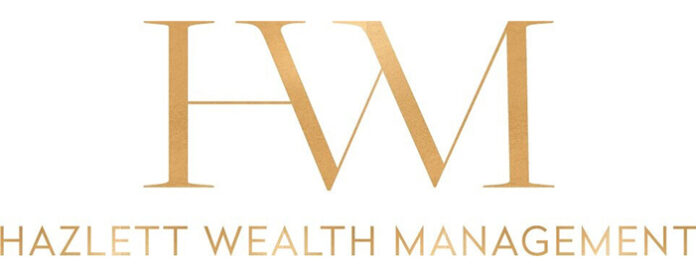BY SUZANNE HAZLETT, MBA, CIMA®, CFP®

Initially expected as part of the April 2 sector-specific tariff announcements, new auto tariffs will apply to all cars and light trucks not made in the U.S. and are scheduled to take effect this week.
The announcement sets a 25% tariff on all cars and light trucks not made in the U.S., a significant increase from the current 2.5% tariff on automotive imports. Certain automobile parts, including engines and engine parts, transmissions and powertrain parts, and electrical components, will be subject to tariffs no later than May 3.
In the press conference announcing the auto tariffs, President Trump described the move as the “beginning of Liberation Day in America” and reiterated his characterization of the U.S. being “stolen from” on the trade front. He also described how the tariffs would be used to pay down the U.S. national debt and pay for tax cuts – the latest iteration of his narrative to use tariff taxes as a federal revenue source.
Some automakers are shifting production to the U.S. At the same time, many foreign auto manufacturers already have production in the U.S.
Hyundai: Announced a $20 billion investment in the U.S, including $5.8 billion for a new steel plant in Louisiana
Stellantis: Committed to a $5 billion investment in its U.S. manufacturing network, which includes plans to reopen an Illinois manufacturing plant
Volkswagen: Considering shifting production of Audi and Porsche brands to the U.S.
Honda: Expecting to produce its next-generation Civic hybrid model in Indiana
Rolls-Royce: Planning to “ramp up” production in the U.S. by hiring more American workers and expanding its U.S.-based operations
What do tariffs on automakers mean for consumers?
Some companies will pass price hikes from the 25% tariff directly to consumers, while others may bear some of the costs to remain competitive. By mid-April, expect auto sales to drop. Prices will rise on new and used autos, while some models will be phased out if tariffs persist. Consumers may also need to prepare for more expensive auto maintenance and insurance premiums.
Suzanne Hazlett, MBA, CIMA®, CFP®, is a Certified Investment Management Analyst® and CERTIFIED FINANCIAL PLANNERTM professional. Investment advisory services are offered through Raymond James Financial Services Advisors, Inc. Securities are offered through Raymond James Financial Services, Inc., member FINRA/SIPC. HAZLETT WEALTH MANAGEMENT, LLC is independent of Raymond James and is not a registered broker/dealer. 675 Sun Valley Road, Suite J1 + J2, Ketchum, Idaho, 83340 208.726.0605 HazlettWealthManagement.com

